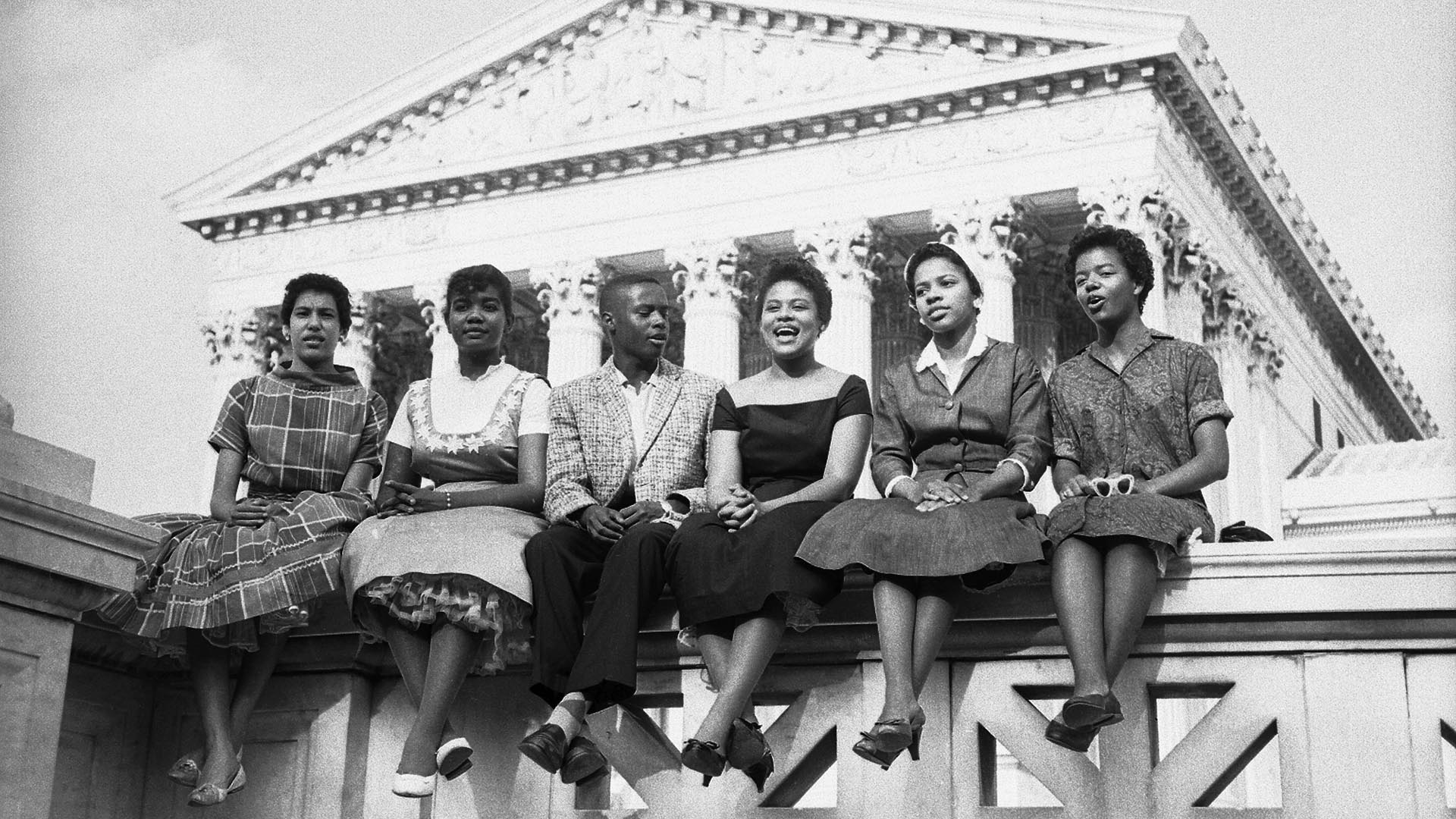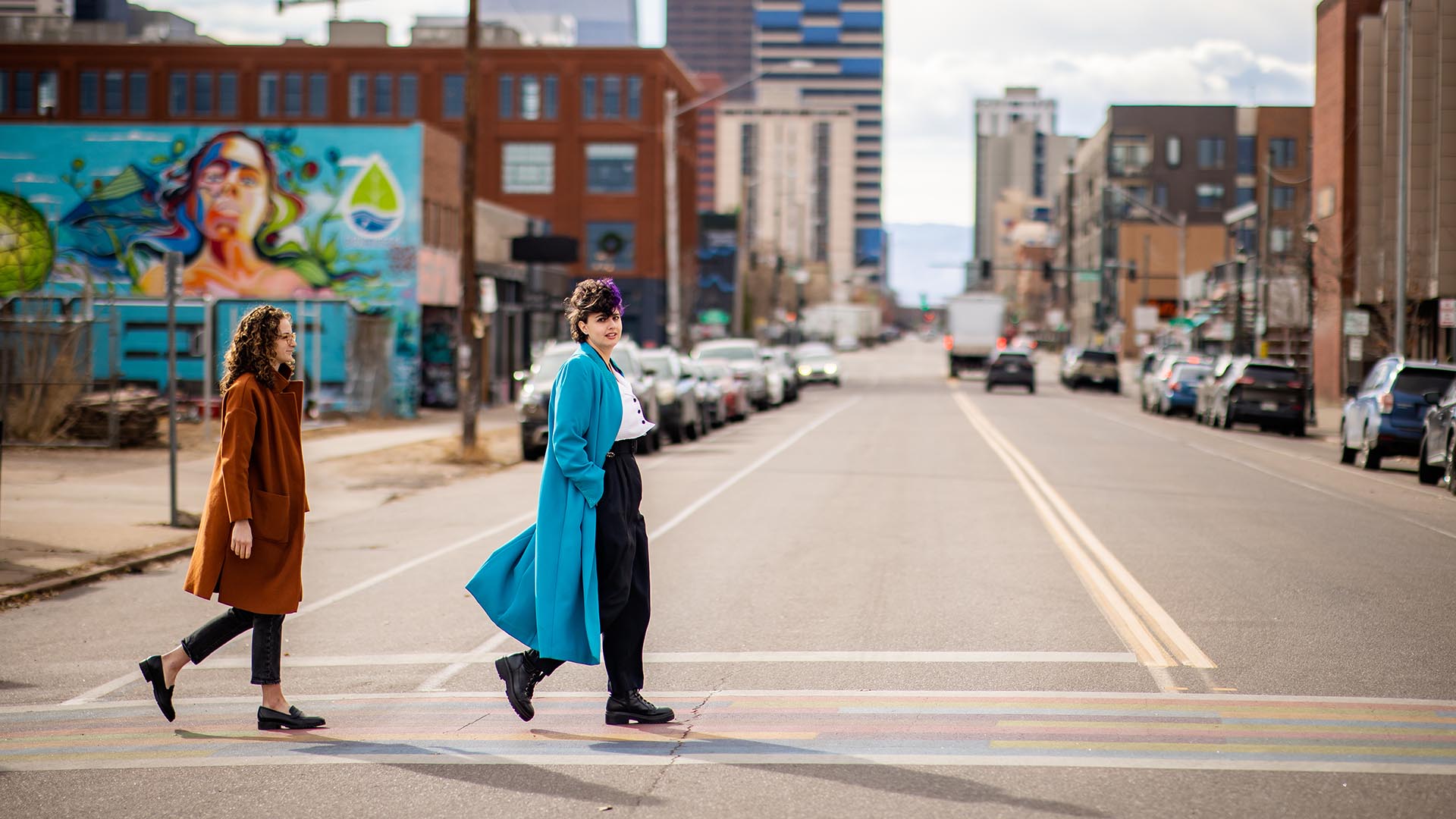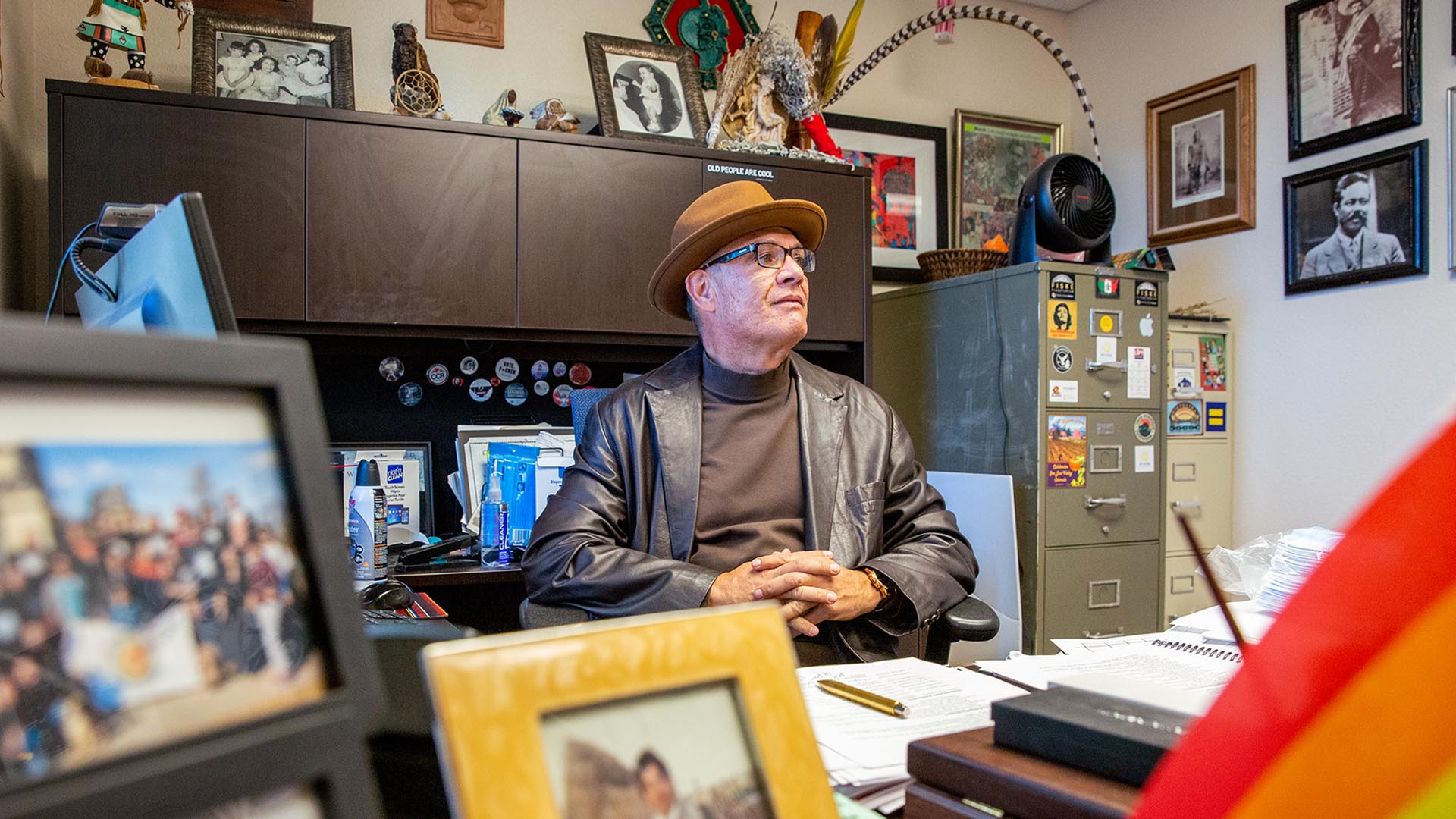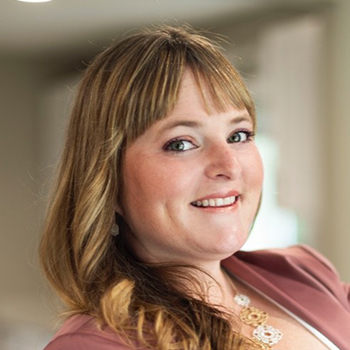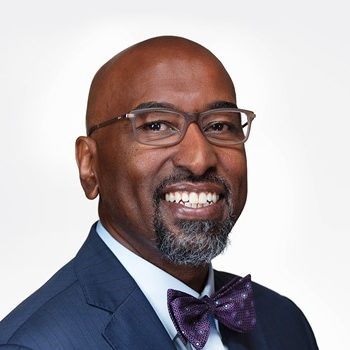Who’s left out of the legal weed boom?
Social equity takes center stage in Rocky Mountain PBS panel discussion on the cannabis question.
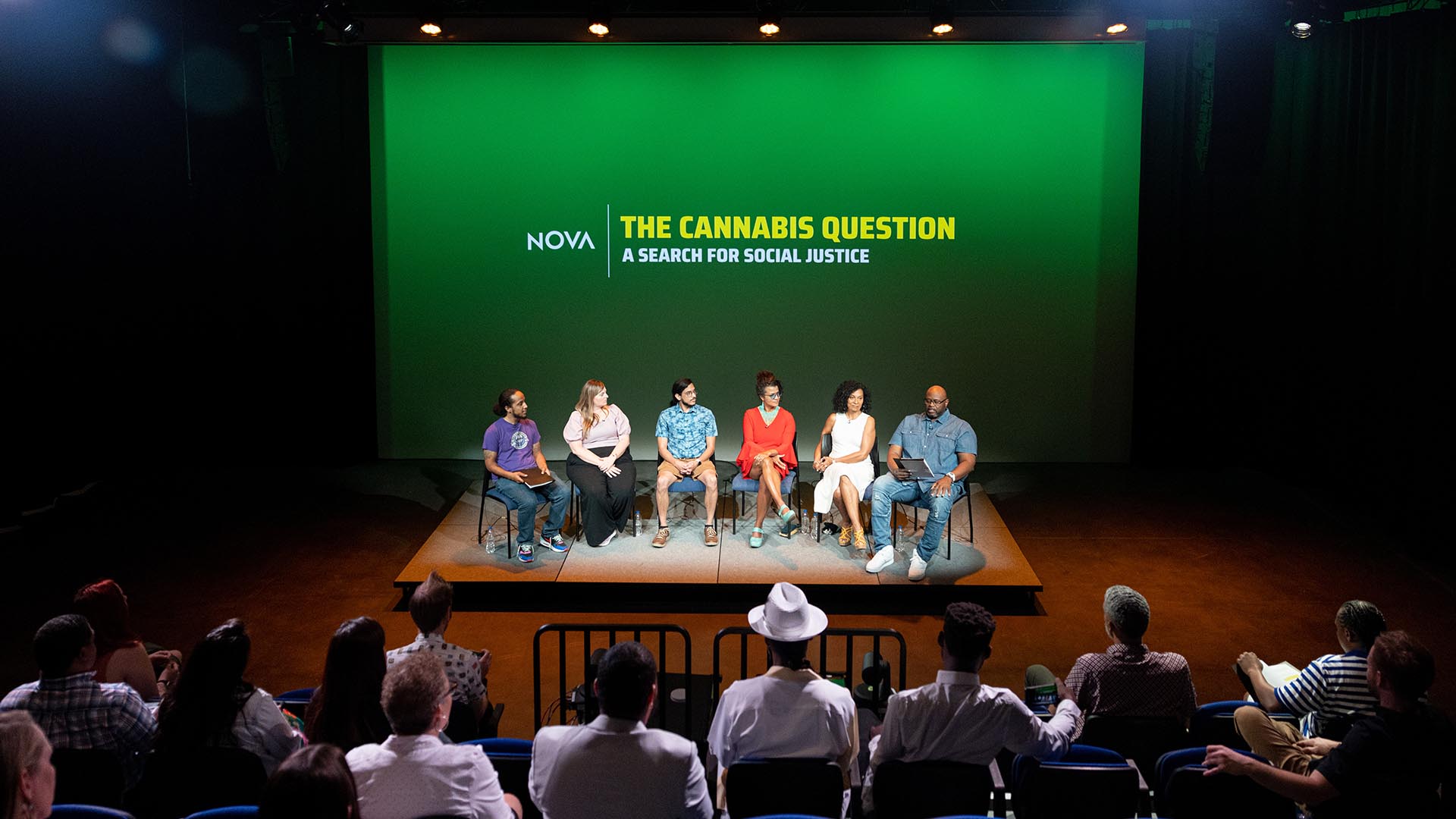
More than 14 million people nationally have been arrested for suspected cannabis-related crimes since 2000, overwhelmingly on simple possession charges and disproportionately affecting BIPOC communities. Of those, 40,000 are locked up to this day.
And though total cannabis-related arrests in Colorado have declined since Coloradans in 2012 voted to legalize recreational use statewide, Black people were more than twice as likely to be arrested as whites through 2019.
“It’s so important that social-equity programs are set up for the communities that were harmed by the drug war,” said Wanda James, co-founder/CEO of SimplyPure and a cannabis-justice advocate. “Black communities and brown communities have lost generations, and we’re trying to fix that.”
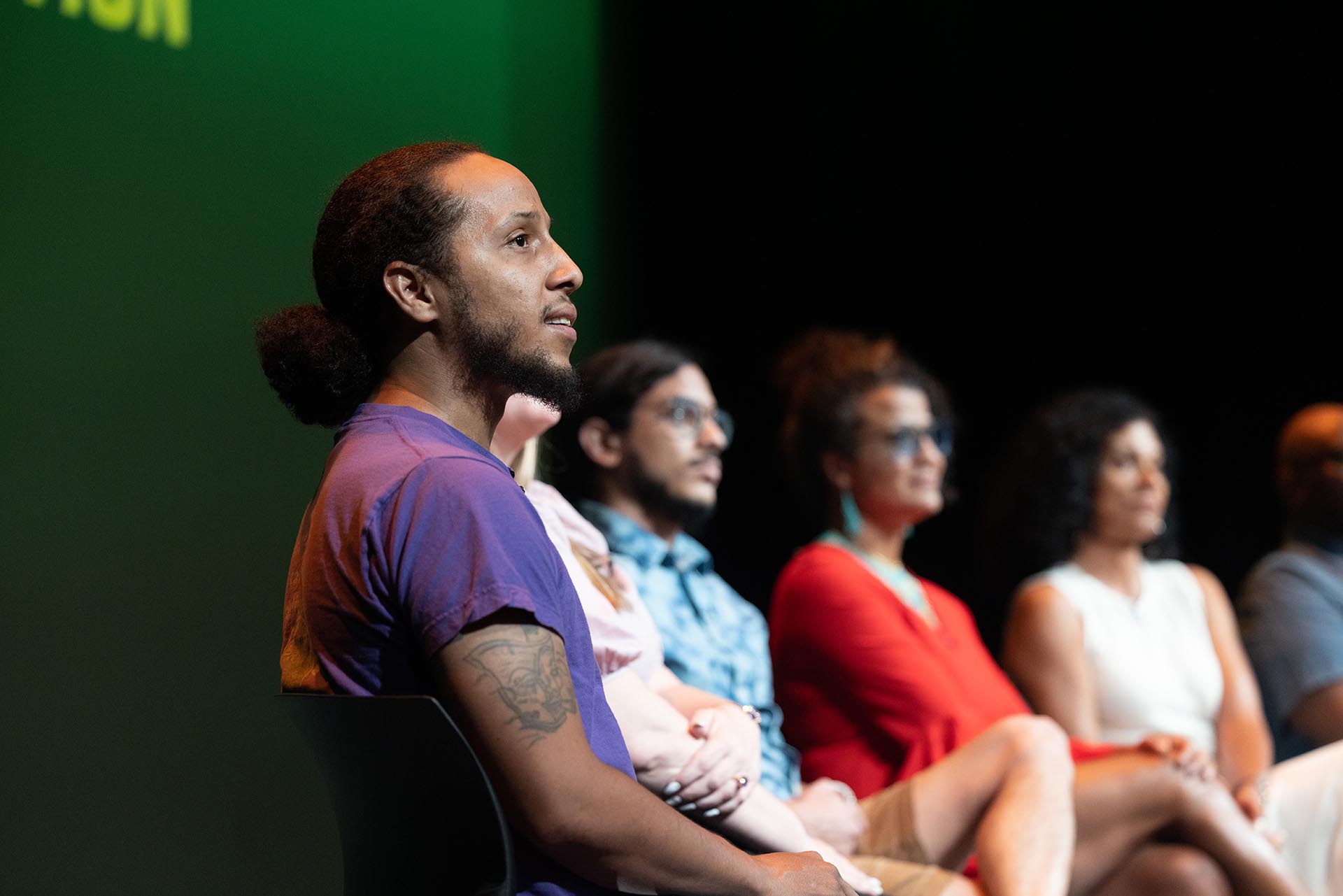
James joined others Sept. 8 for a wide-ranging panel conversation, “NOVA: The Cannabis Question | A Search for Social Justice,” presented by Rocky Mountain Public Media in conjunction with Metropolitan State University of Denver’s Department of Chicana/o Studies, Journey Through Our Heritage, THE DROP 104.7 and the Chicano Heritage and Art Council Gallery.
Panelist Shannon Donnelly argued in favor of lowering barriers to industry access and nurturing occupational opportunities. An entrepreneur, cannabis-process navigator with the City of Denver and faculty member in MSU Denver’s School of Hospitality, she noted the importance of structures adapting to individuals, not the other way around.
“We need to create robust programs outside of just business licensure, and an educational foundation can help create a better equity program,” Donnelly said. “Corporations are coming in and just reading résumés. … How do we actually have that person-to-person connection?”
RELATED: As edibles biz booms, Hospitality School brings cannabis into the kitchen
Another consideration was public health. Luis Montoya, operations director with Students for Sensible Drug Policy, highlighted anti-incarceration efforts in Connecticut and Georgia and the necessity of taking a comprehensive approach to harm reduction.
“A lot of young people are dying from overdoses because of a contaminated supply,” he said. “You no longer can just care about cannabis — you have to care about fentanyl; you have to care about benzos (benzodiazepines such as Xanax); you have to understand it.”
RELATED: The fight against fentanyl
Panel co-host Michael Diaz-Rivera’s experience has given him a firsthand look at the criminal-justice system and challenges of the legal cannabis market. Charged with felony possession in 2006 for less than half an ounce of marijuana, he eventually made his way to MSU Denver and credited Journey Through Our Heritage’s Renee Fajardo, J.D., for helping him graduate and land on his feet. He entered the cannabis-delivery space in 2020 at the same time Denver’s Social Equity Program was being developed.
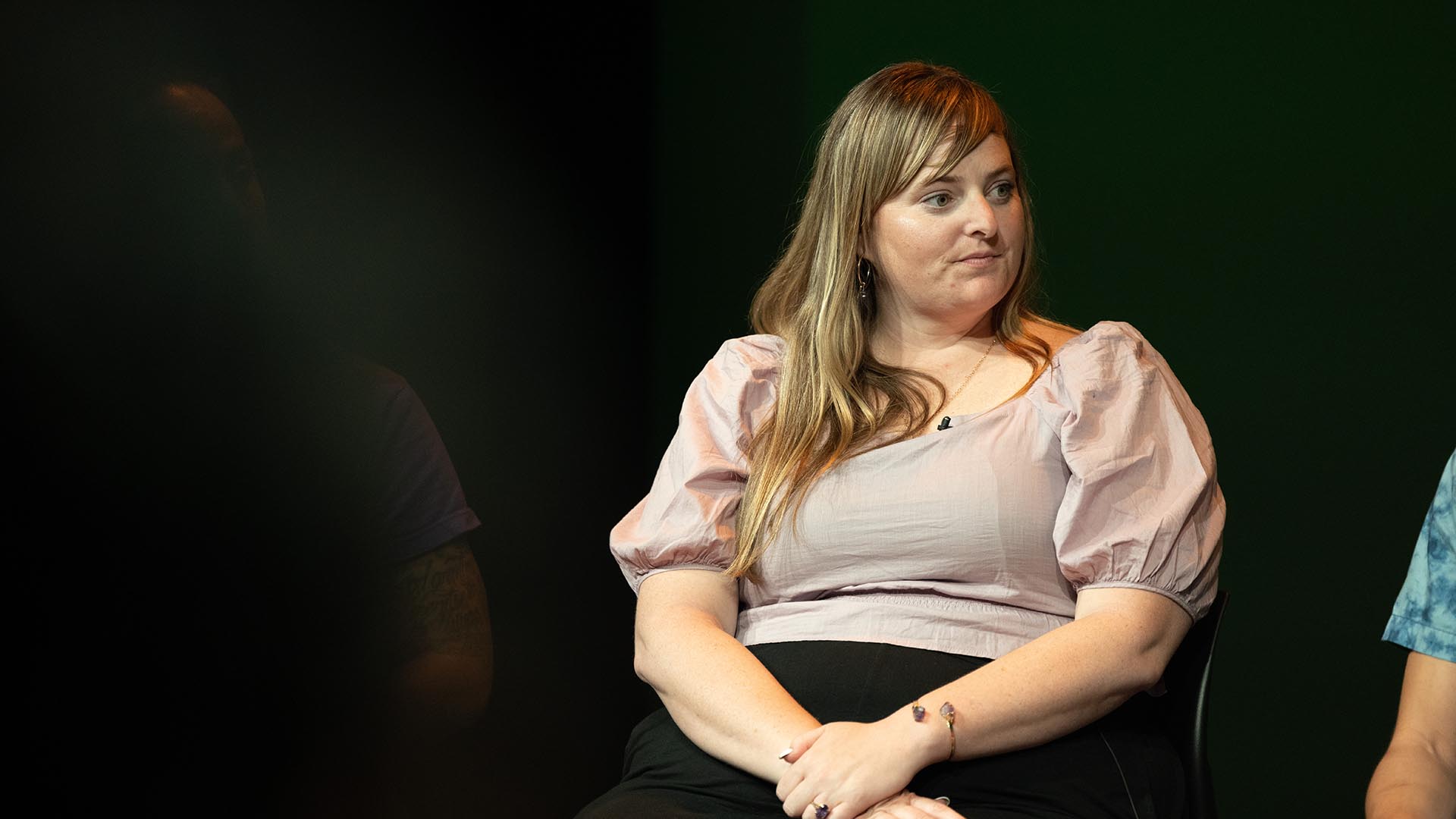
The city’s proximity rule outlaws cannabis businesses from being within 1,000 feet of one another as well as schools, day-care centers, recreation centers or drug-treatment facilities. The law prioritizes those with access to capital and led Diaz-Rivera to go the delivery route for his startup, Better Days Delivery. Though margins may be tight, he’s confident in the future.
“Every day, I’m working as hard as I can because in five years I plan to be the best delivery business in Colorado,” he said.
The prohibitively expensive entry to Colorado’s cannabis industry, which posted $2.2 billion in profits for 2021, showcases long-tail systemic failings that disadvantage minoritized communities, said panelist Kelly Perez, co-founder of Cannabis Doing Good and the Cannabis Impact Fund.
“Policy is necessary but not sufficient to solve the issue,” she said. “The regulated cannabis industry should benefit the people and Black and Brown communities who crafted it. … And success isn’t good enough until our industry reflects this intent at all levels.”


